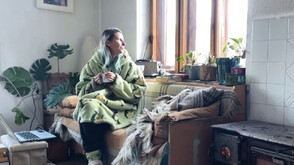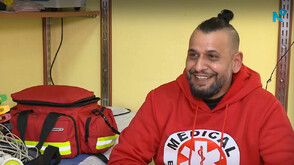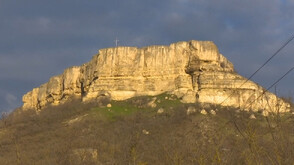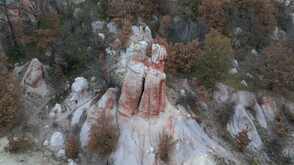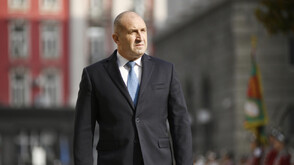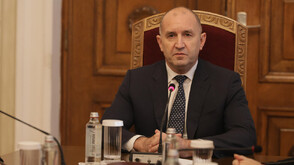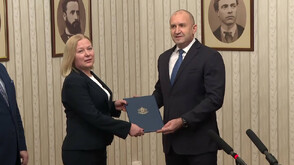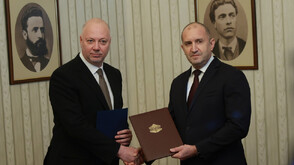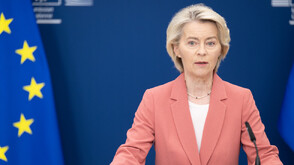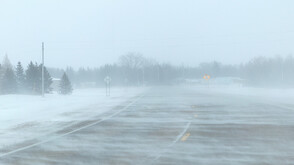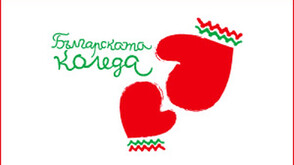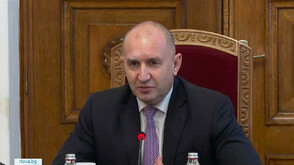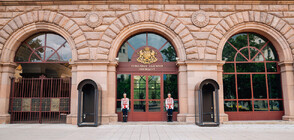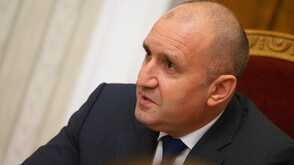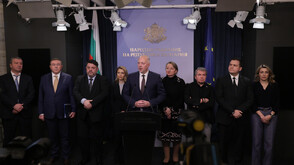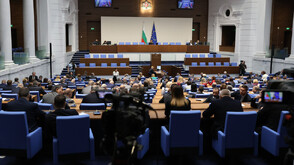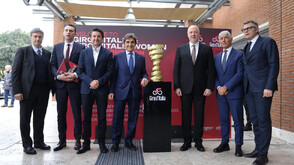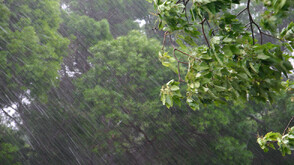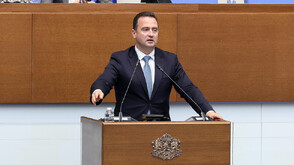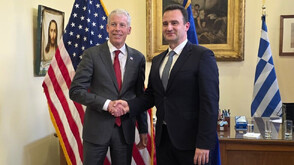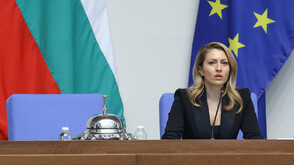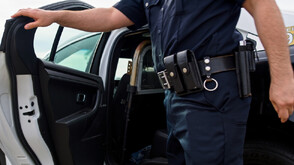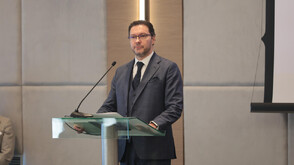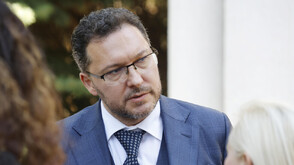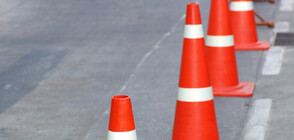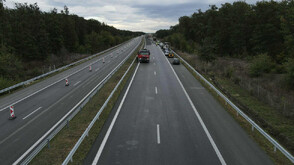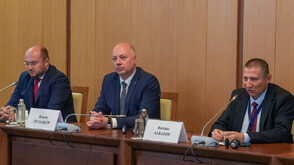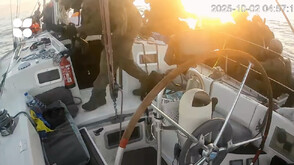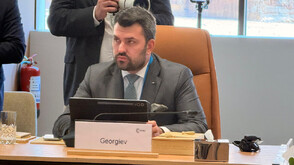Photo: iStock
What are the results?
After a second check of bathing water quality at Bulgaria's southern Black Sea coast, the public health authorities and a non-governmental organization remain committed to their diametrically opposite findings.
Dr Sergey Ivanov, who conducted the monitoring on behalf of the Active Consumers Bulgarian National Association, said on NOVA Thursday morning that they found out that what was supposed to be a joint second check would be carried out with the Burgas Regional Health Inspectorate (RHI), for which the NGO experts have "strong reservations".
The expert explained that the RHI seawater samples test negative for Escherichia coli because, contrary to the method prescribed by the EU Bathing Water Directorate, they are taken from the surf, whereas Active Consumers collect their samples from 1 metre depth.
Ivanov added that, otherwise, both monitorings use an identical method of testing. Challenged that his laboratory is not accredited, he argued that all RHI laboratories were automatically accredited, i.e. allowed to operate by the Minister of Health.
The interviewee did not answer why their check is confined to the Southern Black Sea coast, saying only that they have concentrated on the worst polluted beaches.
In the readers' forum on the Active Consumers website, people are asking the same question and express strong suspicion that the deep-water discharge of wastewater, installed several years ago, has been compromised, especially at the most crowded resorts in the North: Obzor, Varna, Sts Constantine and Helena, Golden Sands, Kranevo, Albena and Balchik.
The microbiologist also rejected jocular accusations that their research is financed by the Greek Government, given that an increasing number of Bulgarians opt for a seaside vacation in Greece. The joint initiative with the NGO is part of a project titled Sofia University Marking Momentum for Innovation and Technological Transfer (SUMMIT), financed by NextGenerationEU through Bulgaria's National Recovery and Resilience Plan.
The Chief State Health Inspector, Dr Angel Kunchev, has dismissed the Active Consumers findings as "unserious" and described the NGO initiative as "a circus". Interviewed on NOVA on Wednesday, Kunchev insisted that "the water shows wonderful indicators and does not pose any risks [to bathing], period." "All results [of the testing] meet the 'excellent' criteria, not even 'satisfactory' and 'unsatisfactory'. They do not warrant any restrictive measures," he argued, referring to a temporary or permanent ban on use of the beaches concerned.
The Mayor of Tsarevo, where the contaminants were found to be in excess of the limit values, categorically disagreed with the Active Consumers' disclosures. "I see a violent attack against the Burgas RHI director. Mr Ivanov must apologize for the misleading information," Georgi Lapchev said on NOVA Thursday morning. "Running a country is not a trifle. Who will pay the local residents for losing part of the holidaymakers due to this scandal? When such information is made public, it must be verified."
"As soon as this news broke, there was panic buying of probiotics at the Southern Black Sea coast. Then, nearly 50% of the vacationers did leave. No matter how we try to minimize this damage, the damage is there, and it is due to an exceedingly false and gross interference with the State's national security," Lapchev argued on National Radio.
"According to the Health Ministry, the beach at Tsarevo has been showing bad water quality for ten years. In some years it was entirely unfit for bathing. The beach, however, has never been closed, and it started to be awarded excellent marks over the last two years. I can cite a number of European countries, where beaches are now closed owing to contamination. Wastewater containing faecal matter continues to be discharged in this country because the local authorities are doing nothing about it," Dr Ivanov explained.
Редактор: Тони ГосподиновПоследвайте ни



